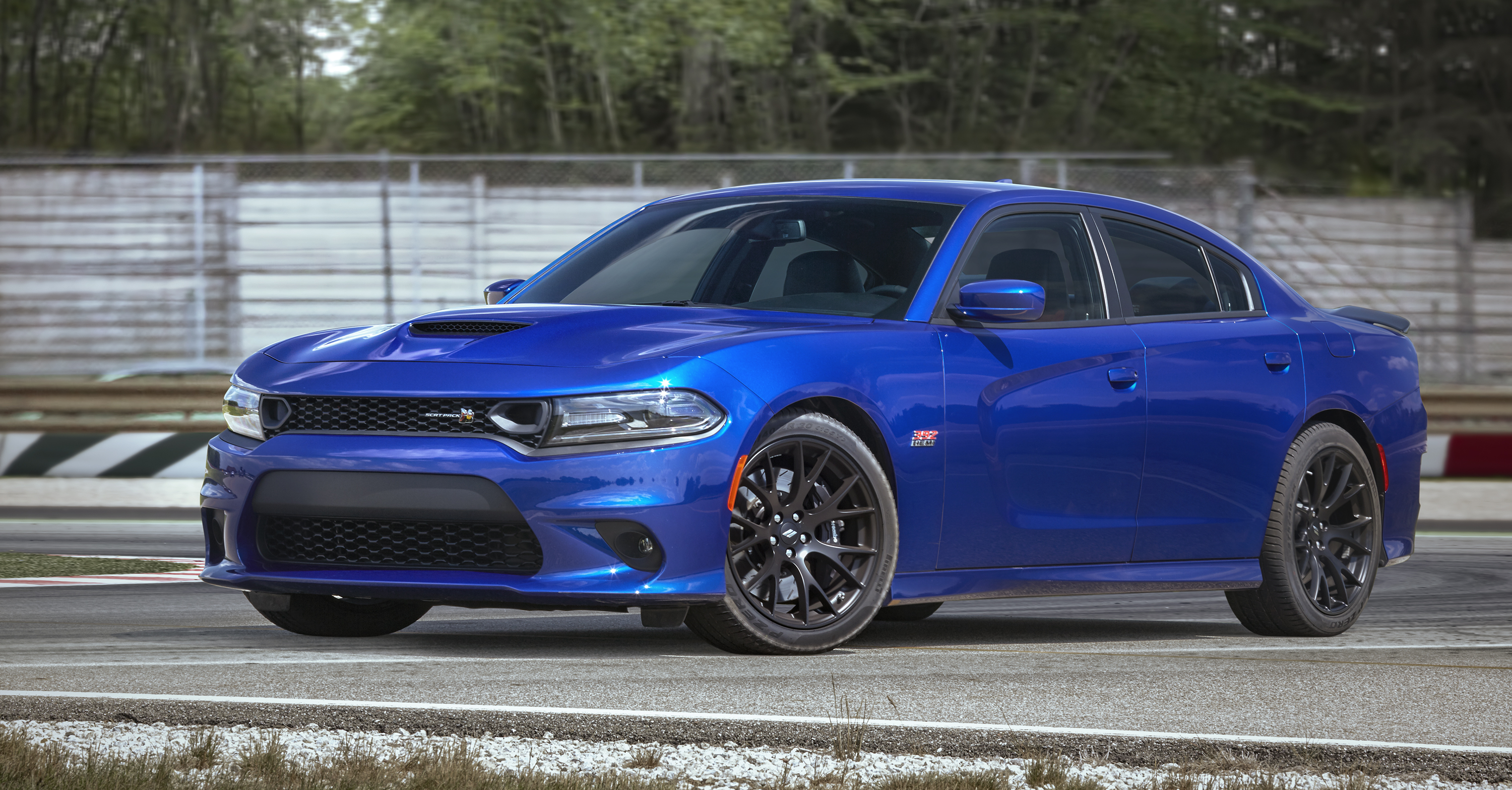Stellantis & GM Pay Hefty Fine For U.S. Fuel Economy Penalties
$363 Million For Failing To Meet MPG Standards...

Stellantis and General Motors (GM) have paid a combined total of $363 million in civil penalties for failing to meet U.S. fuel economy requirements for previous model years. The penalties, revealed through documents seen by Reuters, mark a record-setting fine for both companies.

The National Highway Traffic Safety Administration (NHTSA), which oversees the Corporate Average Fuel Economy (CAFE) program, disclosed that Stellantis paid $235.5 million for the 2018 and 2019 model years, while GM paid $128.2 million for the 2016 and 2017 model years.
Stellantis stated that the penalty “reflects past performance recorded before the formation of Stellantis and is not indicative of the company’s direction.” The company had previously paid $156.6 million in penalties for the 2016 and 2017 model years. Stellantis clarified that it is committed to meeting fuel economy requirements moving forward.

GM had not previously incurred fines in the 40-year history of the CAFE program. Initially, GM planned to utilize credits to meet its compliance shortfall. However, the company ultimately chose to pay penalties, according to NHTSA. GM stated that it would use a combination of strategies, including credits from prior and future model years, credits from other manufacturers, and civil penalty payments, to comply with increasingly stringent CAFE regulations as it moves toward a zero-emissions future.
The records confirmed the penalties were paid between December and May. This marks the first time in three years that the NHTSA has collected fuel economy penalties. In April 2022, NHTSA predicted that substantial civil penalty payments would need to be made in 11 instances between 2018 and 2021 without disclosing the automakers involved.

The disclosure of the penalties coincides with NHTSA’s plans to propose more stringent fuel economy standards for 2027 and beyond. In April 2022, the Environmental Protection Agency (EPA) proposed a 56% reduction in projected fleet average emissions by 2032. In response to the need for improved fuel efficiency, NHTSA reinstated a significant increase in penalties for automakers failing to meet requirements for 2019 and onwards. The penalty for non-compliance rose from $5.50 to $14 for every 0.1 mile per gallon vehicles fell short of the required fuel-economy standards.
Automakers voiced concerns about the penalty hike, warning that it could increase industry costs by at least $1 billion annually and potentially inflate the value of compliance credits sold by companies like Tesla. The ability to sell credits allows automakers to exceed fuel economy standards to offset the deficiencies of others.





